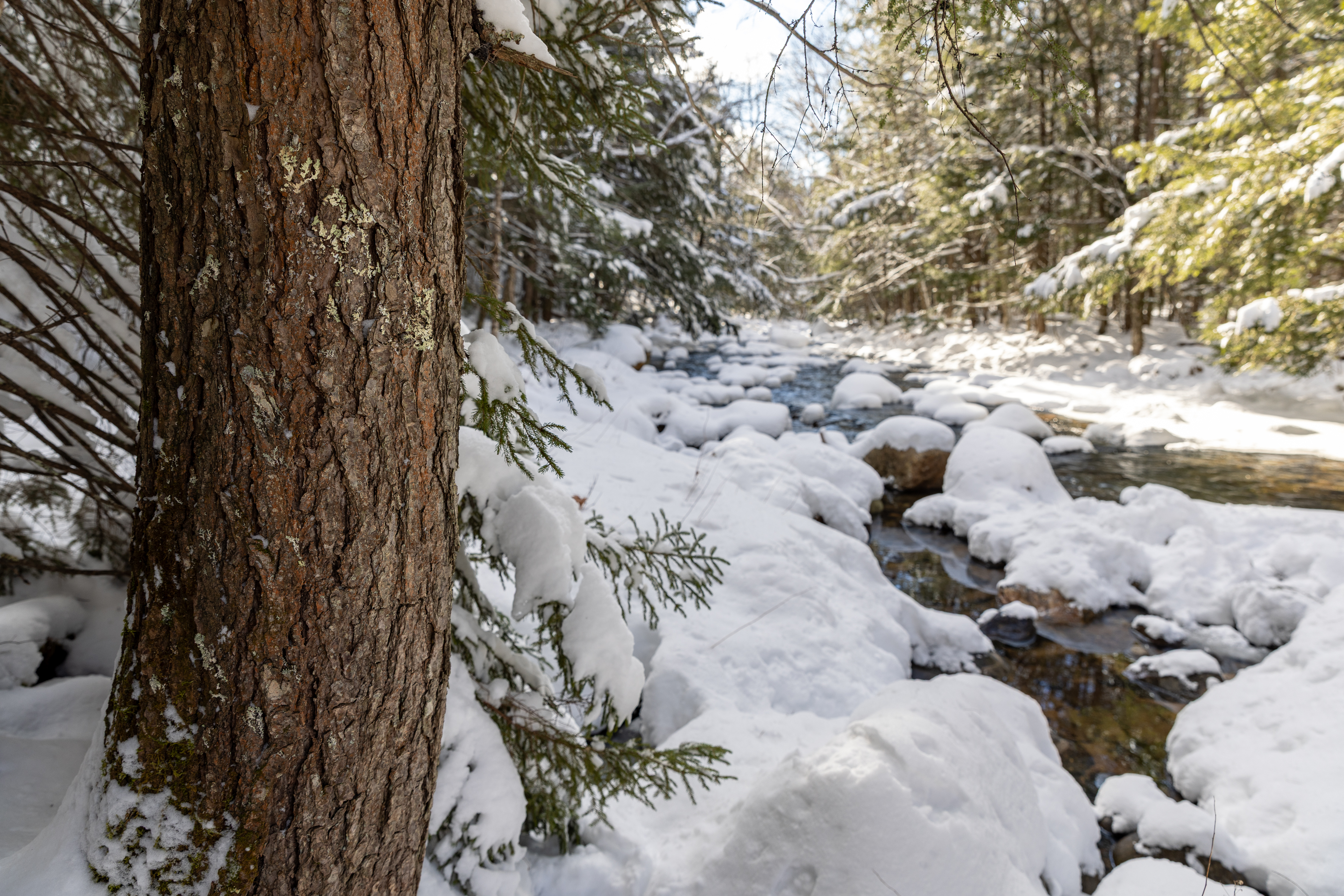The high-voltage transmission line proposal known as Northern Pass would drape 180 miles of electric lines on more than 1,500 towers across more than 30 New Hampshire communities. Dozens of communities in New Hampshire, along with thousands of individuals, hundreds of elected officials, and dozens of organizations have made it clear that they oppose Northern Pass.
In spite of this opposition, Northern Pass has been buying up farms and forests to convert to a power line corridor. Project partners Hydro Quebec, Northeast Utilities and Public Service of NH (PSNH) have refused to consider viable alternatives to their proposal.
Fortunately, the Society for the Protection of New Hampshire Forests has the chance to block the intended route of Northern Pass by working with landowners in Coos County who care for their land, appreciate its scenic beauty, and are willing to say “no.” Our goal is to compel the project developers to abandon their overhead transmission line proposal in favor of less damaging alternatives.
A close look at the Northern Pass proposal reveals that there are no real benefits to New Hampshire:
• The scale of the proposal is immense, cutting an ugly industrial corridor through dozens of New Hampshire towns and scarring thousands of acres of scenic conservation land including the White Mountain National Forest.
• The power is not needed in New Hampshire or New England to meet consumer demand.
• There will be no measurable benefit in the form of rate reduction to New Hampshire electricity consumers from the project as proposed.
• There is no guarantee whatsoever that the introduction of this power will reduce carbon emissions. Further, PSNH has steadfastly refused to even discuss retiring their two large New Hampshire coal-fired generating plants.
• As reported widely, similar transmission proposals in New York, Vermont, and Maine involve burial of transmission lines along transportation corridors, and those developers have found ways to make the economics of buried lines work for them.
The Forest Society’s opposition to Northern Pass as proposed is rooted in our history of protecting what’s special about New Hampshire. We waged a similar fight a century ago when we worked with many others—including mill owners and other business interests—to create the White Mountain National Forest. We fought again 50 years ago when the federal government wanted to build a four-lane highway through Franconia Notch. We firmly believe that we must protect New Hampshire’s existing conserved lands like the White Mountain National Forest, as well as our own Forest Reservations, including the Rocks Estate in Bethlehem, Kauffman Forest in Stark and Washburn Family Forest in Clarksville, from this private commercial development.
